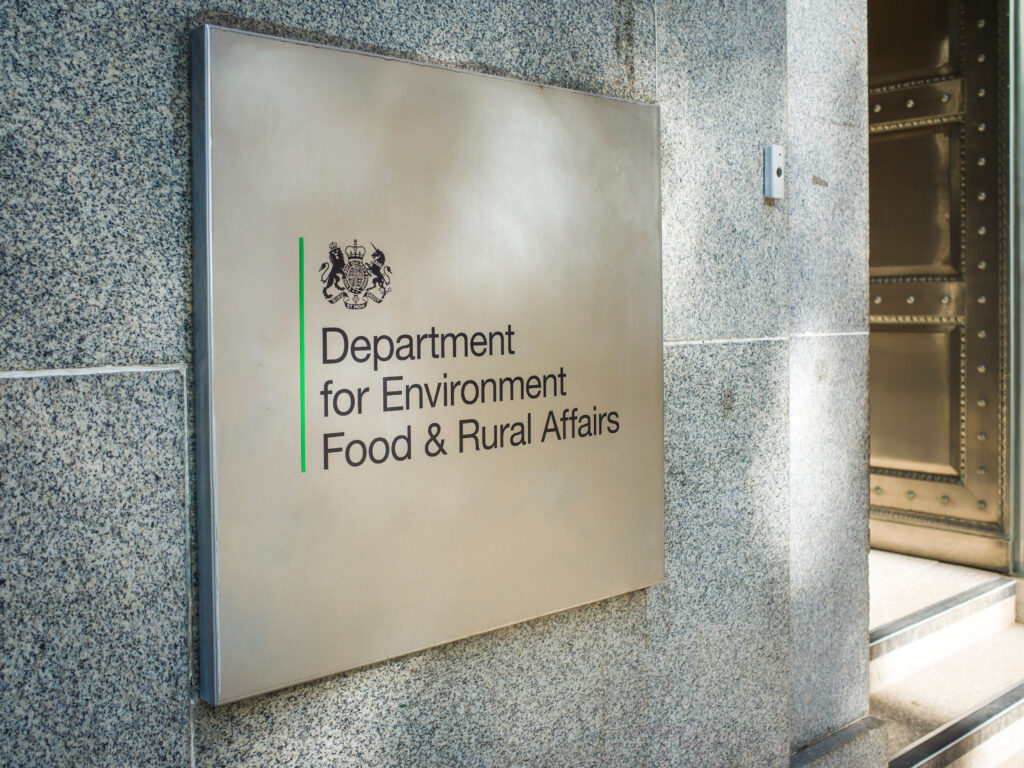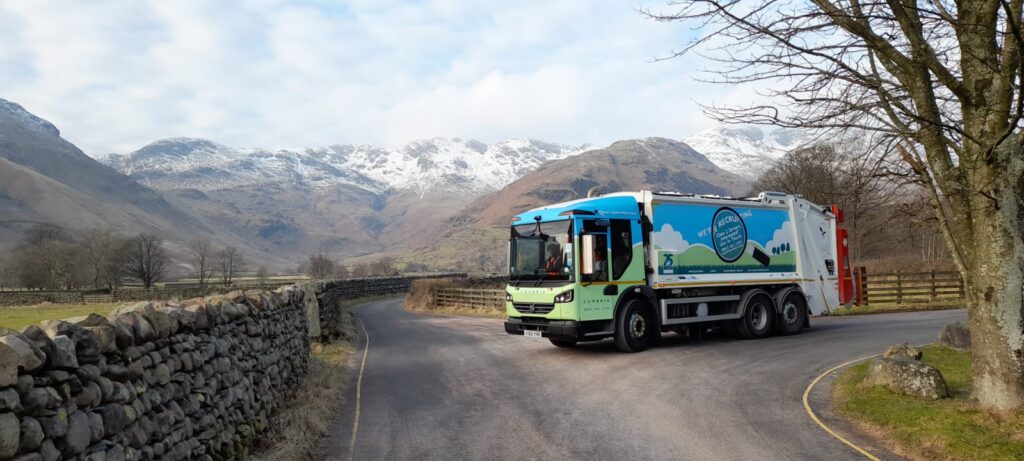The changes are intended to strengthen enforcement, reduce waste crime and bring the system in line with other regulatory regimes.
Under the reforms, the old two-tier registration system will be phased out in favour of environmental permits or, for certain low-risk activities, registered exemptions.
A new structure for waste roles
Defra are introducing new terminology which they say will better align legal responsibility with operational reality.
Businesses will now be classified as either “waste transporters”, “waste controllers” or both.
Transporters are defined as those moving waste between sites without influencing its classification or destination, while controllers are responsible for decisions on collection, classification and disposal arrangements.
Some businesses, such as skip companies or waste sites, will act as both and require a combined permit.
Moving to environmental permitting
The permitting system will consist of three types of standard rules permits:
- Controller-only
- Transporter-only
- Combined controller-transporter.
Each permit will be further tiered to reflect the scale of activity and the risk posed by the types and volumes of waste being handled.
According to Defra, the tiered structure is designed to ensure that higher-risk operators face more stringent controls and charges, while smaller businesses are not disproportionately affected.
Renewals and compliance
Permits will last for three years, with renewals required at the end of each term.
Renewal will involve a confirmation that permit conditions are still met, business details remain accurate and technical competence requirements are up to date.
The EA will also have the power to suspend permits if conditions are breached, or revoke them in cases of repeated non-compliance.
Mandatory technical competence requirements will apply to all permit holders and any nominated individuals within a business.
Two routes will be available:
- An individual assessment, involving an e-learning module and an in-person test
- A workplace-based qualification allowing a nominated employee to act as the main point of contact
Exemptions for low-risk activities
Defra has confirmed that some operators will be exempt from the full permitting requirement.
Registered exemptions, which must be renewed every three years, will apply to low-risk business activities such as transporting small amounts of self-produced waste.
Non-registered exemptions will cover activities including local authority household waste collections, certain charity operations and the movement of most animal by-products already regulated by other legislation.








Subscribe for free